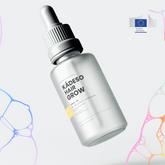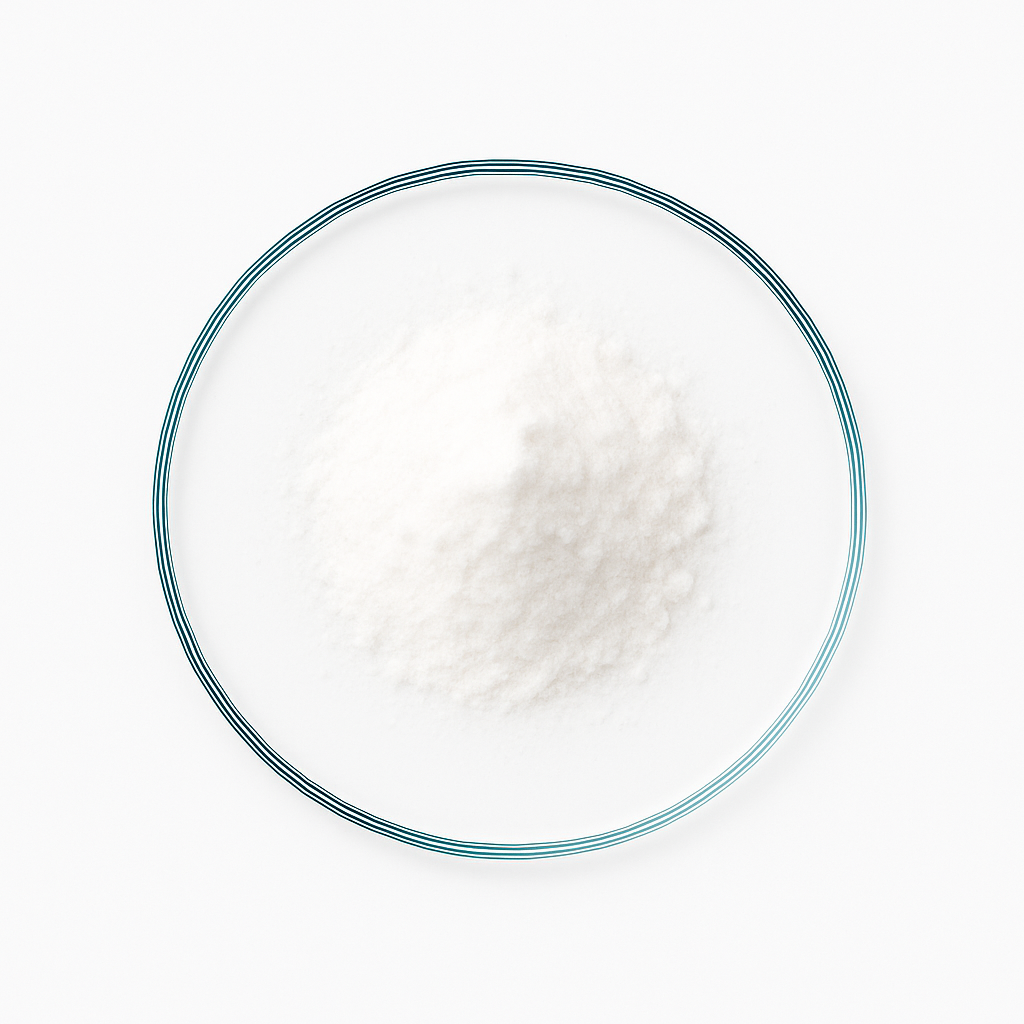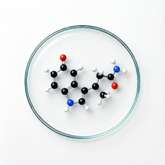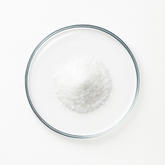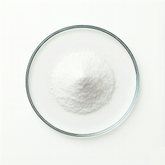Creatine & Hair Loss
Does Creatine Cause Hair Loss?
There’s no high‑quality clinical evidence that creatine supplementation causes hair loss.
The concern began with a single 2009 study reporting increased DHT—but that study didn’t measure hair, and no PubMed‑indexed trials have linked creatine to hair thinning.
Choose to watch our video (Dutch only) or read the article below.
Key Takeaways
- No impact on hair: A 12‑week randomized controlled trial measuring hair density, follicle count, and shaft thickness found no difference between creatine and placebo groups (PMID: 40265319)
- No change in DHT: The same trial showed no significant changes in DHT levels or DHT‑to‑testosterone ratio attributable to creatine (PMID: 40265319)
- Concern originated from one 2009 study: That trial reported ~56% DHT increases but did not assess hair health (PMID: 19741313)
- Expert reviews affirm safety: Narrative and systematic reviews conclude creatine does not cause hair loss (PMID: 33557850, 39720835)
The studies
The Origin of the Myth: the 2009 Rugby Study
In a double‑blind placebo‑controlled crossover trial of ~20 male rugby players, participants loaded with 25 g/day creatine for one week, followed by 5 g/day for two weeks. Serum DHT rose ~56% during loading and remained ~40% above baseline during maintenance, and the DHT:T ratio increased ~36%. Hair growth or strength was not evaluated. (PMID: 19741313)
First Hair‑Focused RCT Shows No Effect
A PubMed‑indexed randomized controlled trial (n=38) administered 5 g/day creatine for 12 weeks and used Trichogram and FotoFinder imaging to assess hair follicle health. There were no significant group-by-time interactions in hair density, shaft thickness, follicular unit count, or DHT levels (p > 0.05). (PMID: 40265319)
Broader Reviews Debunk the Link
Experts evaluated hundreds of creatine studies and addressed common misconceptions: creatine does not cause baldness, thinning hair, or hormonal imbalance at typical doses (3–5 g/day). (PMID: 33557850, 39720835)
Why Hair Loss Happens—and Why Creatine Isn’t the Cause
Androgenetic alopecia results from genetic follicle sensitivity to normal DHT—not occasional raises in DHT. Moderate DHT elevation without predisposition does not equal hair loss. Common causes include genetics, stress, poor nutrition, illness, and styling habits.
FAQ
Q: Does creatine raise DHT enough to risk hair loss?
A: One small study reported temporary rises, but it didn’t assess hair and hasn’t been replicated. Quality trials show no lasting effects on DHT or hair (PMID: 19741313; 40265319).
Q: Could creatine worsen genetic hair loss?
A: The only hair‑focused trial found no difference in hair outcomes—even in average androgen sensitivity (PMID: 40265319).
Q: Is creatine safe for long‑term use?
A: Yes. Reviews show standard dosing (3–5 g/day) is well tolerated and not associated with kidney dysfunction, hormonal disruption, or hair loss (PMID: 33557850).
Conclusion
The claim that creatine causes hair loss stems from one small hormonal study that did not assess hair. The first PubMed‑indexed trial to examine hair follicle health found no impact. Expert reviews reinforce creatine’s safety when used at recommended dosages. If you notice thinning hair, focus instead on genetics, lifestyle, and scalp health—and consult a dermatologist if needed.
Sources
- van der Merwe J et al. (2009). Three weeks of creatine monohydrate supplementation affects dihydrotestosterone‑to‑testosterone ratio in college‑aged rugby players. Clin J Sport Med. PMID: 19741313.
- Lak M et al. (2025). Does creatine cause hair loss? A 12‑week randomized controlled trial. J Int Soc Sports Nutr. PMID: 40265319.
- Antonio J, Candow DG, Forbes SC et al. (2021). Common questions and misconceptions about creatine supplementation. J Int Soc Sports Nutr. PMID: 33557850.
- Antonio J, Candow DG et al. (2024). Part II: additional questions and misconceptions about creatine supplementation. J Int Soc Sports Nutr. PMID: 39720835.





